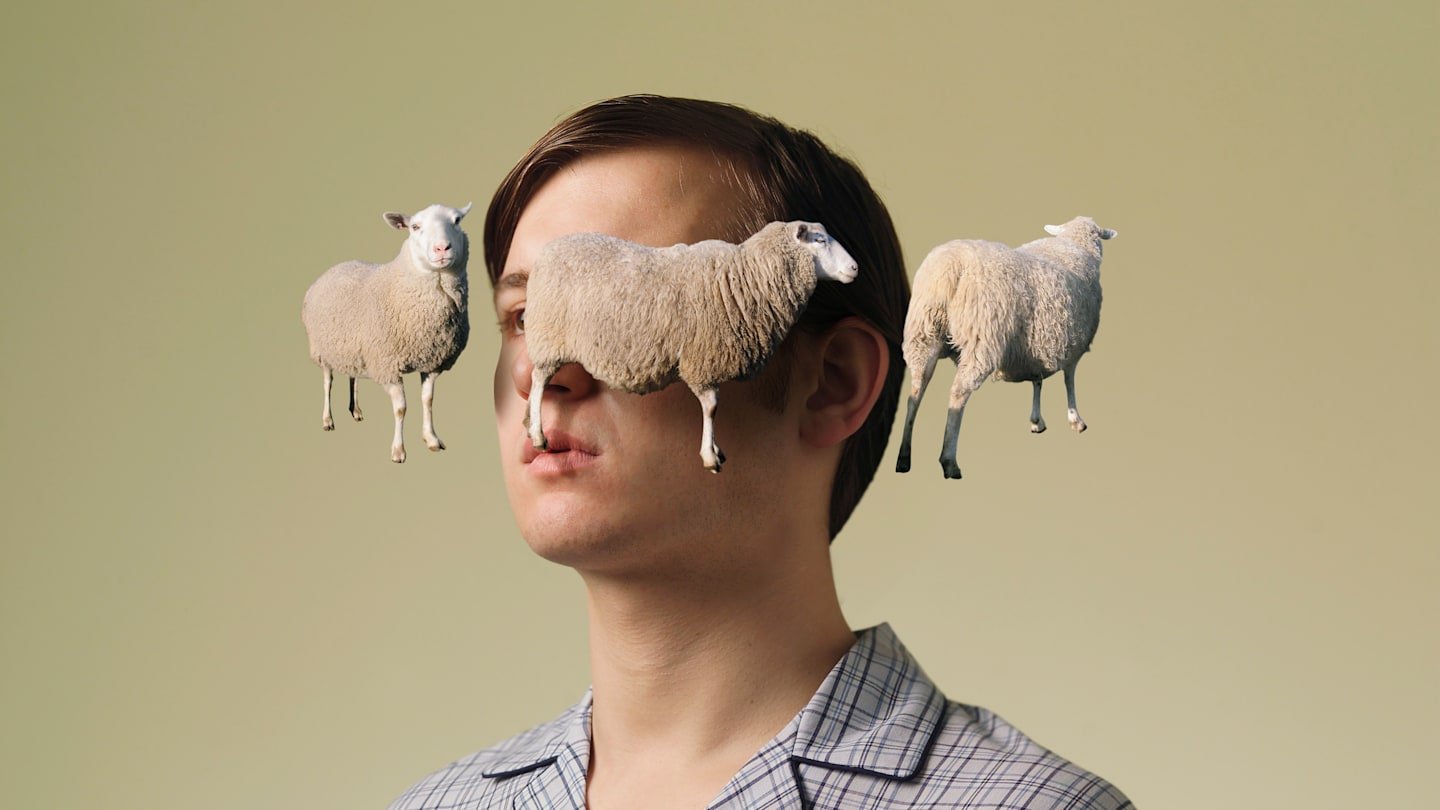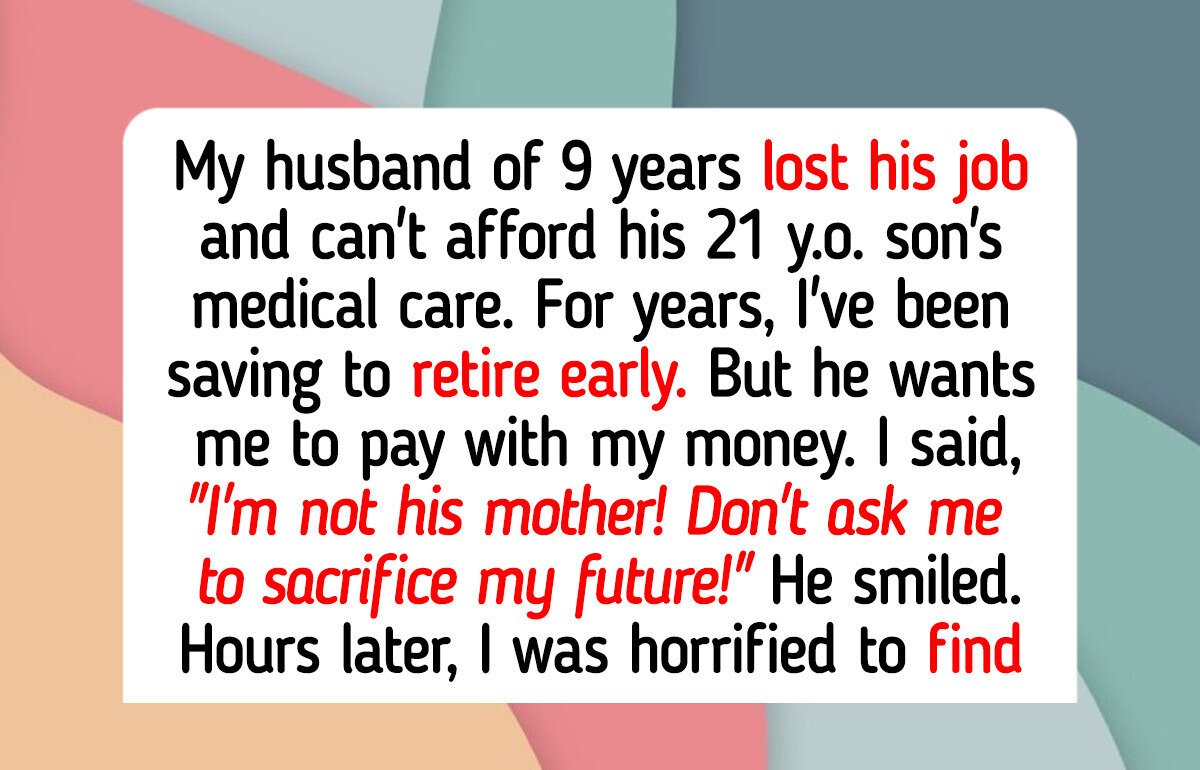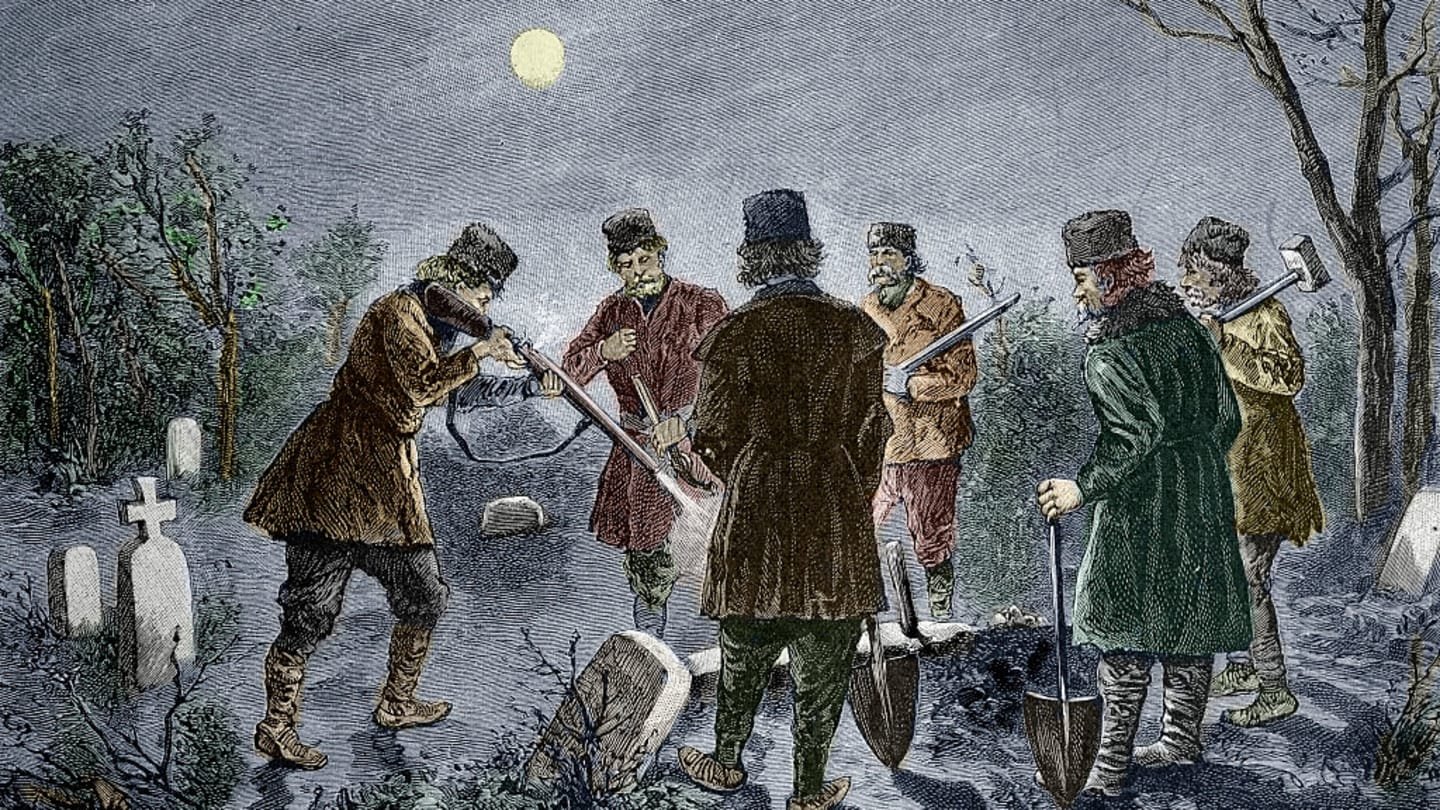
8 Facts About Insomnia
According to the American Academy of Sleep Medicine, more than 30 percent of adults suffer from insomnia in some form (PDF). But when it comes to symptoms, causes and treatments, this disorder is not one-size-fits-all. Read on to learn more about what it is, what to do about it, and why you shouldn’t try it Vincent van GoghTreat insomnia yourself.
- There is more than one type of insomnia.
- Insomnia symptoms can go beyond trouble sleeping.
- Some causes of insomnia are habit-related.
- Familial fatal insomnia is, true to its name, a fatal sleep disorder.
- Not all insomnia treatment includes sleeping pills.
- Historical treatments for insomnia included dog earwax and dormouse fat.
- A few people have claimed to function well for decades without sleep.
- Both Franz Kafka and Vincent van Gogh suffered from insomnia.
There is more than one type of insomnia.

Difficulty drifting off at the beginning of the night — called sleep-onset insomnia — is probably what many people think of when they hear the word insomnia. But it’s not the only type. If you find yourself waking up throughout the night and having trouble falling back asleep, this is sleep maintenance insomnia. If you’re waking up earlier than you need to and can’t get back to sleep, you may have early morning insomnia (according to Sleep Foundationthis is sometimes considered a subset of sleep maintenance insomnia rather than a category of its own).
Insomnia can also be classified by the number of nights it lasts. Describes chronic insomnia He sleeps Conflicts that occur at least three nights each week over a period of three months or more. Anything less is usually considered acute insomnia (also called short-term insomnia or adaptive insomnia).
Insomnia symptoms can go beyond trouble sleeping.

The ways in which the lack of sleep associated with insomnia can affect you during waking hours are symptoms of insomnia. This may be as simple as feeling sleepy or tired during the day. Or as Mayo Clinic explainsYou may experience “irritability, depression, or anxiety,” “difficulty paying attention, concentrating on tasks, or remembering,” “increased errors or accidents,” and/or “persistent concerns about sleep.”
You may also like…
Add the mental thread as Favorite news source!
Some causes of insomnia are habit-related.

Drinking caffeinated beverages too late in the day, staring at your phone (or any screen) while trying to sleep, or eating a large meal right before bed can cause insomnia. If you habitually drink alcohol before bed to help you drift off, it may be doing more harm than good. Alcohol can Prevents rapid eye movement sleep It prevents you from staying asleep all night.
A person’s insomnia may also be related to a pre-existing medical problem. This may be another sleep disorder, such as sleep apnea or restless legs syndrome. Mental health disorder such as anxietyor depression or post-traumatic stress disorder; Or a case like asthmaOr chronic pain or Parkinson’s disease. Medications taken to treat these problems may also contribute to insomnia.
pressure It is another very common cause of insomnia, whether it is caused by concerns about normal parts of life — money, work, relationships, etc. — or a specific traumatic event, such as losing your job or the death of a family member.
Familial fatal insomnia is, true to its name, a fatal sleep disorder.

The usual reason for Fatal familial insomnia (FFI), on the other hand, is an abnormal variant in the PRNP (prion protein) gene. Essentially, the variant causes prion proteins to fold incorrectly, which accumulate in the hypothalamus and begin destroying neurons. One of the main symptoms of this brain damage is insomnia, which often worsens over a period of months. FFI is a rare, but fatal, degenerative disease. According to the National Institutes of Health Genetic and Rare Diseases Information CenterPatients usually die somewhere between six months and three years after the onset of the disease.
Not all insomnia treatment includes sleeping pills.

There is no dearth of medications in the market that can relieve your insomnia, through prescription Sleeping pills Such as Lunesta, Ambien, and over-the-counter supplements like melatonin. But although medications can help you sleep through the night, they won’t help you identify the cause of your insomnia and stop it at the source.
Cognitive behavioral therapy for insomnia (CBT-I) can. like Mayo Clinic explains“The cognitive part of CBT-I teaches you to recognize and change beliefs that affect your ability to sleep,” while the behavioral part “helps you develop good sleep habits and avoid behaviors that prevent you from sleeping well.” Since all of these elements vary from person to person, a sleep therapist will work with you to develop a personalized course of action. This may mean improving your “sleep hygiene,” which involves making lifestyle changes such as reducing caffeine consumption or increasing exercise; Learn meditation and muscle relaxation techniques. Or try other popular CBT-I methods.
Historical treatments for insomnia included dog earwax and dormouse fat.

Some ancient Romans believed that rubbing dormouse fat on your feet could help you sleep. That’s not an attractive prospect, but it’s not as bad as Renaissance mathematician Girolamo Cardano’s recommendation that insomniacs coat their teeth in dog earwax. Another ancient “cure” for insomnia was a mixture containing bile from a castrated pig (along with opium, which certainly helped more than the pig contributed).
A few people have claimed to function well for decades without sleep.

In 1915, a Hungarian soldier was named Paul Kern He was shot in the head while fighting in World War I, after which he was unable to sleep again. “It is strange that, except for the occasional headache, Mr. Kern suffers no ill effects. He has not gone to bed for years, and his work does not reveal the slightest signs of deterioration.” Adelaide Chronicle books In 1930. Kern lived until 1955. in New Jersey Albert Herbin– Who died in his nineties in 1947 – and Thai Ngoca Vietnamese farmer who is now in his 80s, both also made headlines for supposedly surviving decades without a wink of sleep.
It’s unclear whether these men were suffering from real medical anomalies, were intentional exaggerators, or were just unaware that they were actually asleep at times. Often, people who go for a long time without sleep begin toAccurate sleep” – Sleeping for seconds at a time without even realizing it. If you try to avoid sleep for as long as possible, it will probably only take a few days for it to get serious affects Your cognitive and motor abilities. the World record for insomnia It’s only 264 hours – about 11 days – and record holder Randy Gardner even starts hallucinating halfway through.
Both Franz Kafka and Vincent van Gogh suffered from insomnia.

Franz Kafkavincent van gogh, Abraham Lincoln, Marilyn MonroeGroucho Marx and Margaret Thatcher are many Prominent personalities Who sometimes struggled to sleep. “Sleepless night. The third in a row,” Kafka wrote in his book note On October 2, 1911. “I fall asleep soundly but an hour later I wake up, as if I had put my head in the wrong hole.”
Van Gogh mentioned his problems with insomnia in A letter to his brother Theo on January 9, 1889, just weeks after his ear was cut off. “Physically I’m fine,” he wrote. “The thing I fear most is insomnia, and the doctor didn’t talk to me about it, and I didn’t talk to him about it either. But I fight it myself.” His self-medication consisted of “a very, very strong dose of camphor in my pillow and bed.” (camphor They can be toxic or even fatal when ingested, so do not follow Van Gogh’s advice on this matter.)
A version of this story was originally published in 2021; Updated for 2025.













Post Comment